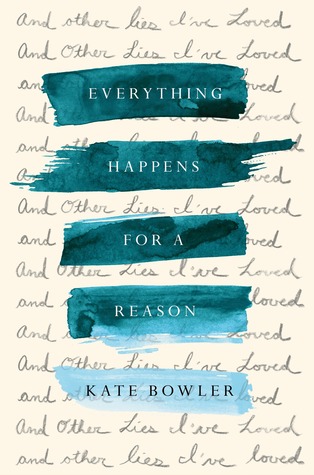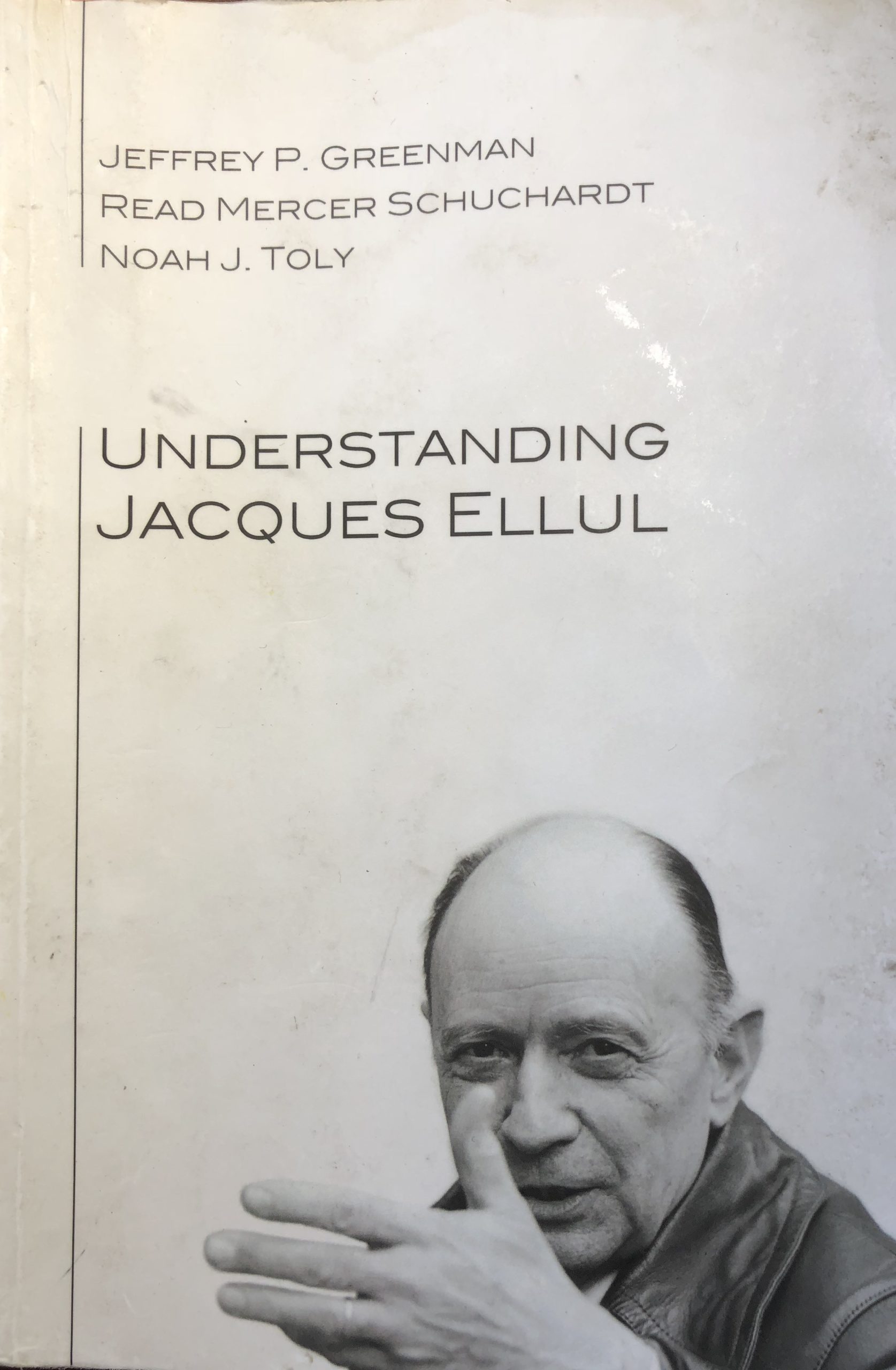First, it’s Christopher Hitchen’s dying words, Click Here to read my review of his book Mortality). Then it’s Morrie Schwartz’s dying words, Click Here to read my review of the book Tuesday’s With Morrie) and now it’s Kate Bowler’s dying words. Of the 3 I am the saddest for her. Hitchen’s was defiant, arrogant, and pernicious in death; he went out swinging. Morrie, on the other hand, had made his peace with death, he had lived a good long life, and he viewed his slow death from ALS as an opportunity to help others. But Kates life is being cut short, she is too young to feel the way Morrie did, and while she has some of the spunk of Hitchens, she cannot merely curse God and die. Kate want’s to live! She’s 34, happily married, has a two-year-old son, and a promising career ahead of her at Duke Divinity School. In this raw and unvarnished account, Kate has not at all made her peace with death. Is there hope in despair? Is a steadying belief possible in the midst of such sorrow? Using wit, humour, and the full range of human emotions Kate produces a modern-day lament. If you are dying, you should read this book. If you know someone who is dying you should especially read this book, it will help you help them.
For the Love of God Don’t Give Me A Reason!
Kate wrote a New York Times article about her fight with cancer, it was immensely popular, and she received thousands of letters as a result. Unfortunately, a lot of those letters came full of reasons, explanations and trite cliche’s that were intended to help her understand and accept her suffering, most of them did not.
- A Hindu writer said “We have had many millions of births and deaths in different life-forms, so don’t worry, this life shall pass, and your soul will move forward to its next step.
- A Christian neighbour blurted out in the midst of some of the more gruesome parts of living with cancer “Everything happens for a reason, there is some important Divine plan in all of this, God is good all the time.”
- A Secularist wrote in “I find it comforting to believe the universe is random then the God I might believe in could no longer be cruel.
- A ‘power of positive thinking’ guru promised that healing was possible by chiming in “Your attitude determines your destiny.”
- A reformed pastor wrote: “God is a just God to let you die, these are the consequences of your sin.”
- A Medical professional coldly gives advice, “The sooner you get used to the idea of dying the better.”
Kate Bowler understands that to be human is to ask why, but maybe some things like tragedy lie beyond the reach of good reasons and should, therefore, remain untouched by them. If the search for logic in the midst of chaos is a fruitless one, what then?
Give up on the illusion of control and certainty. Before the illness, Kate wrote the world’s first history of the prosperity gospel movement. That entire movement hinges on the twin jewels of control and certainty. If you follow an assortment of spiritual laws, you can control your destiny and be certain to avoid pain and suffering. The more you believe in and adhere to these laws the more control and certainty you have in your life. Of course, all of this is bogus, but as Kate expanded her search beyond the prosperity gospel, she discovered that everyone religious or otherwise tends to build systems of belief and practice that reach desperately for control and certainty. Kate has come to realize that all such reachings end in despair. She concludes that a much better way is the practice of surrender to the will of God, but she is quick to admit that she is not very good at it.
Touch me, be with me, buy me things, don’t say much. It’s the gentle love of others that is needed in times of great sorrow and suffering. Love opens the door for trust, hope, faith and anything good that can be extracted from the stony ground of pain. Her words describe it best:
“At a time when I should have felt abandoned by God, I was not reduced to ashes. I felt like I was floating, floating on the love and prayers of all those who hummed around me like worker bees, bringing notes and flowers and warm socks and quilts embroidered with words of encouragement. They came in like priests and mirrored back to me the face of Jesus…I did not tell them how few of their words are needed but how much their hands are wanted, a hand on my back as I tear up, a hand on my head for a soft prayer for healing, When I feel I am fading away, these hands prop me up and make me new…Joy persists somehow, and I soak in it. Life is so beautiful, life is so hard.”




